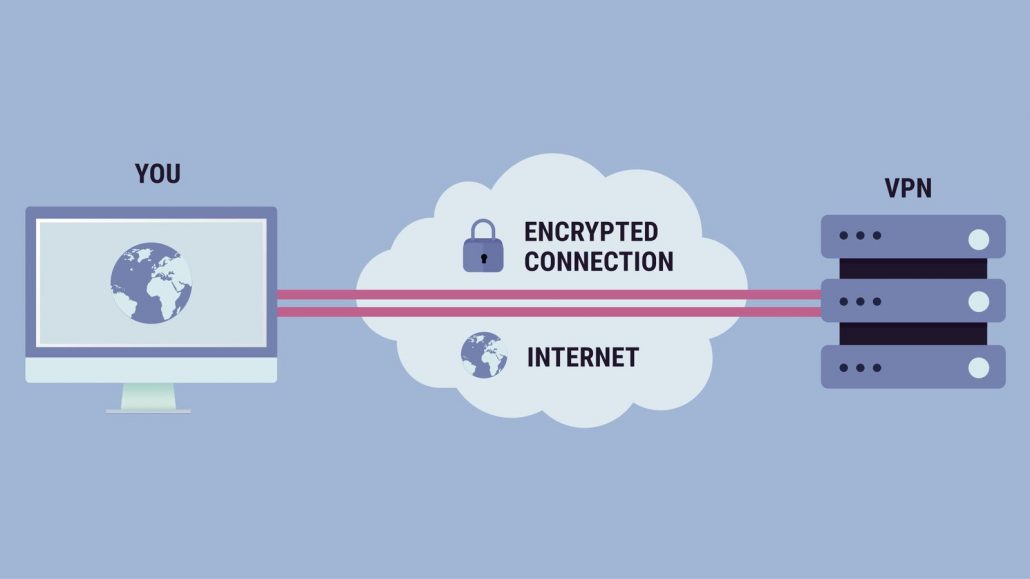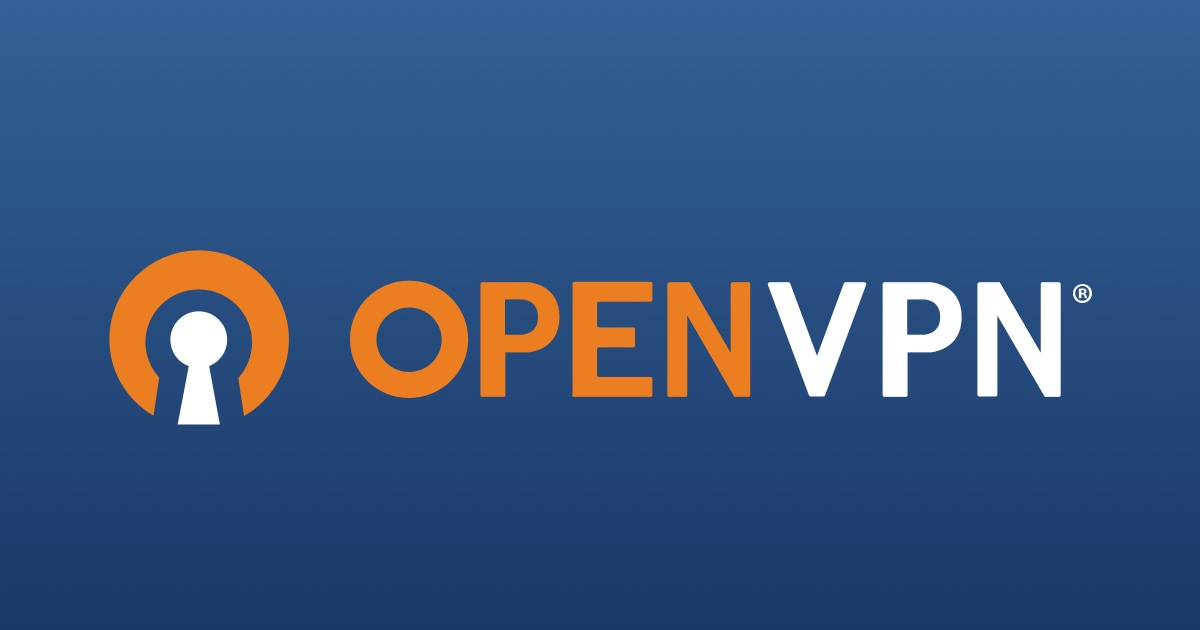Company Data-Stealing Chinese VPNs You Should Watch Out For
There isn’t a doubt that the demand for VPN services has increased tremendously for reasons such as secure and private internet browsing. VPNs also enable companies to access locations with restrictions on server access. However, unknown to most companies and VPN users, some VPNs out there (mostly free ones) are already compromised by their manufacturers. This CNBC report, for instance, already pits Chinese firms as privacy breachers.
If your company currently operates a website and is thinking about using a free VPN for Windows, think again. Unless it is a free VPN that has been recommended by trusted VPN review sites. This is because not all free VPNs are to be trusted as some of them are tailored to steal personal and even company data from unsuspecting users.
It is often said that cheap is expensive and the same can be said of free VPNs, especially those that have been associated with Chinese developers. So, what is it like to use such VPNs?
What Do These VPNs Do?

Ironically, the same VPNs that are supposed to protect users against security or privacy breach are the ones that are secretly breaching the same privacy. Some free VPNs, most of which are linked to China, have been found unreliable in terms of protecting both personal and company data. These VPNs include:
- VPN 360
- Turbo VPN
- VPN Master
- Snap VPN
Some of the information that the named VPNs are found to gather include IP addresses, phone’s IMEI, and time zones. The app’s developers are also said to partner with both government and private entities to transact both company and personal data as well as online activity patterns of different users. Most of this data is shared with China-based third parties. Data transparency is therefore not fully guaranteed as far as free VPN apps are concerned and this calls for due diligence.
It is very easy to pinpoint a VPN app that is up to no good. Such apps for example do not have clearly outlined privacy policies. Others do not have a supporting website which makes it impossible to know its owners or developers.
The most discouraging thing about these VPNs is that most users trust them based on their popularity in terms of downloads. This is because most App (all categories) users measure the trustworthiness of an App depending on its popularity. This can be misleading most of the time because the effectiveness of an App goes beyond the number of downloads.
What Does All This Imply?
Be wary of free or open source VPN apps. If anything, do not rush to install any VPN app whose policies on privacy are not well outlined. Besides, there are trusted VPNs in the market that wouldn’t cost you an arm and a leg when purchasing them. Also, take your time when shopping for a VPN. Find unbiased VPN review sites for complete and unfiltered information on available VPNs in order to make informed purchase decisions. You can get started with this avast review for example.











